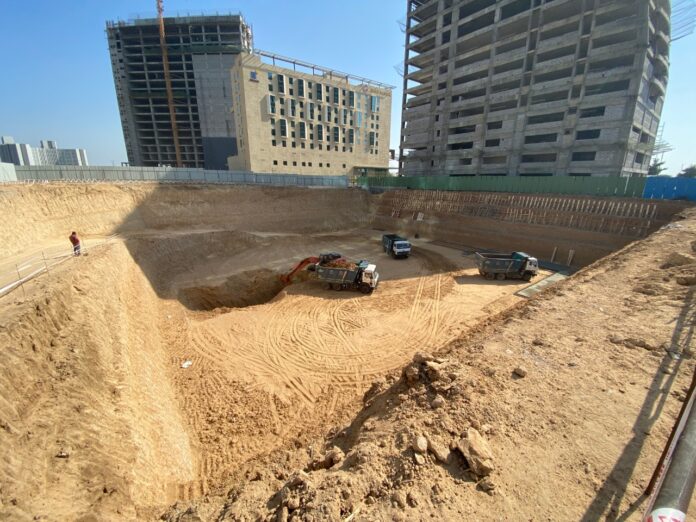Excavation is an important aspect of any construction or building project. It involves the removal of soil and other materials in order to create a foundation or clear a space for a new structure. Excavation can be done manually or with heavy machinery and is crucial for ensuring the stability and safety of the final product.
There are many different types of excavation, each with its own set of challenges and considerations. For example, deep excavation requires the use of specialized equipment and techniques to ensure the safety of workers and the stability of the surrounding soil. Trenching is another common type of excavation, used for the installation of utility lines and other underground services.
One of the most important factors to consider when planning an excavation project is safety. This means taking into account the potential risks and hazards, such as cave-ins or unstable soil, and implementing measures to mitigate them. It also means ensuring that all workers are properly trained and equipped to work safely on the site.
Another important aspect of excavation is planning and coordination. This means working closely with architects, engineers, and other stakeholders to ensure that the excavation aligns with the overall project goals and objectives. It also means coordinating with other contractors and trades to ensure that the excavation is completed on schedule and within budget.
In conclusion, excavation is an essential aspect of construction and building projects and requires careful planning and execution to ensure safety, efficiency, and meeting the project goals. It is important for the contractor to have the necessary equipment, and skilled workers and follow safety measures for a successful excavation.





